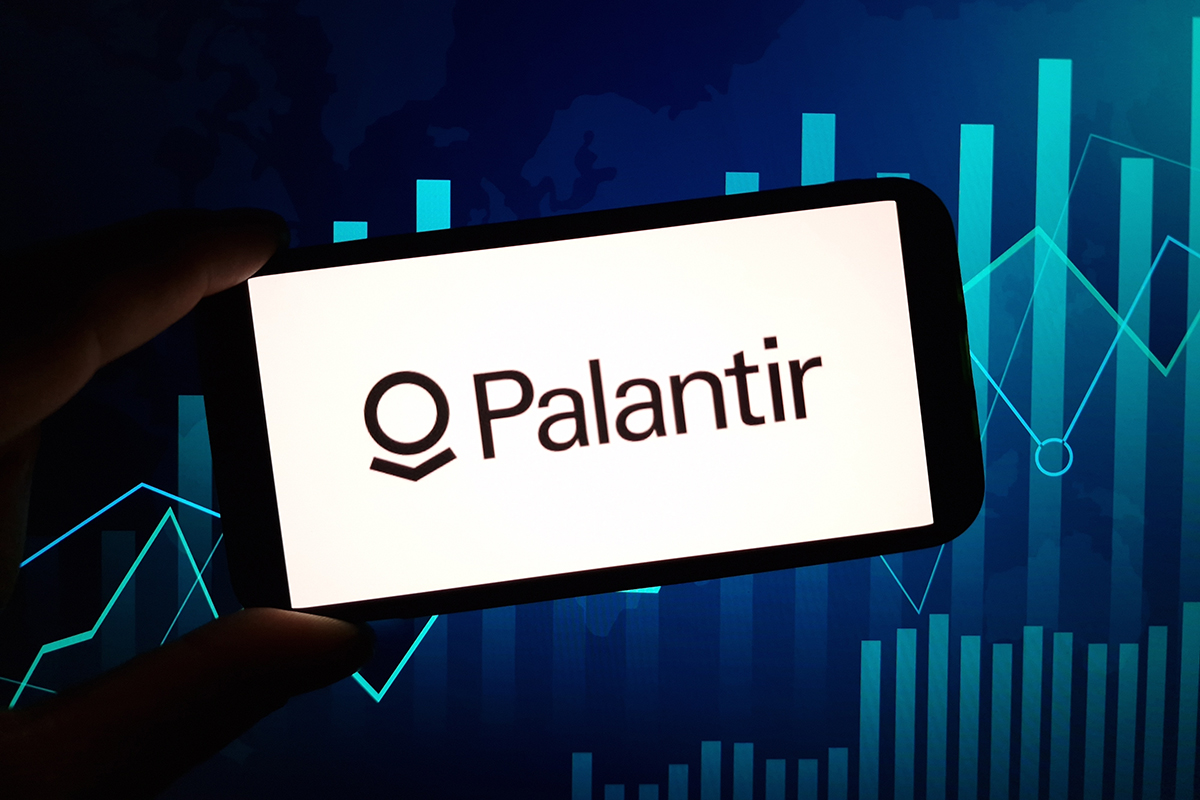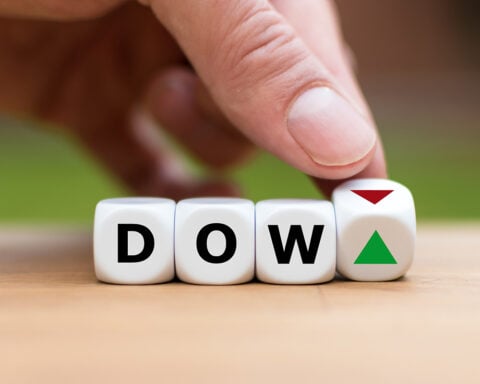Palantir Technologies has been on a remarkable journey this year, captivating the attention of investors as its stock price soared over 100% in 2024. Known for its expertise in defense, software, and artificial intelligence (AI), Palantir now holds a market capitalization of $80 billion. With its upcoming addition to the S&P 500, investor enthusiasm has surged. But is this growth a sign that it’s time to invest in Palantir?
Although the company has had an impressive run, there are several factors to consider before determining if Palantir stock is a worthwhile investment.
Impressive Growth in 2024
Palantir has seen substantial growth this year, especially in its latest financial results. The company posted a 27% year-over-year revenue increase, totaling $678 million for the most recent quarter. Its U.S. commercial revenue surged by an impressive 55%, as more companies began to utilize its AI-powered solutions. Palantir’s customer base has grown steadily, reaching 593 clients, creating ongoing opportunities for revenue expansion.
In addition to expanding its customer base, Palantir has significantly improved its financial performance. Over the last year, it generated $696 million in free cash flow, a significant turnaround from its previous losses. Operating income also rose to $292 million over the past 12 months, accompanied by a 12% operating margin.
These strong financial results, combined with growing demand for AI solutions in various industries, have contributed to optimism about Palantir’s future growth potential.
What S&P 500 Inclusion Means for Investors
Palantir’s upcoming inclusion in the S&P 500 has further fueled investor excitement. The news sparked a 10% rise in the stock price, reflecting the market’s enthusiasm about the company’s growing influence.
However, it’s important to remember that the increase in stock price driven by index inclusion is largely speculative. Investors often assume that being added to a major index will boost demand for a company’s stock due to index-based funds needing to buy in. While this can create short-term gains, it does not necessarily reflect any changes in the company’s underlying business fundamentals. In Palantir’s case, the excitement over its S&P 500 inclusion may not translate into long-term value growth.
Palantir’s Long-Term Business Outlook
Looking beyond the short-term buzz, Palantir’s business model presents significant long-term potential. The company’s ability to retain customers and generate recurring revenue through its software and AI tools positions it for sustained growth. As Palantir continues to expand its footprint in the commercial sector, its revenue is expected to remain strong.
However, there are important factors to consider regarding the company’s valuation. Palantir is currently trading at a price-to-sales (P/S) ratio of 34, which assumes continued high growth rates and strong profitability for years to come. Even if the company achieves a 30% annual growth rate over the next five years, its valuation remains steep. To justify its current price, Palantir would need to generate $9.2 billion in annual revenue while maintaining a 30% operating margin — ambitious targets for even the most successful tech firms.
Evaluating Palantir’s Valuation
At its current $80 billion market cap, Palantir is valued similarly to some of the largest software companies in the world. However, stock-based compensation has led to a dilution of shares, which could impact future earnings potential.
Even under optimistic growth projections, Palantir’s price-to-earnings (P/E) ratio five years from now could still hover around 26.6 — in line with the broader market but leaving little room for underperformance.
Exercise Caution Before Investing
While Palantir’s business achievements are noteworthy, its stock price may be overvalued for many investors seeking more affordable opportunities. The excitement surrounding its inclusion in the S&P 500 is significant, but it should not be interpreted as a definitive reason to buy the stock. Investors must weigh whether Palantir’s current valuation is sustainable in the long run and whether its growth can keep up with market expectations. Given the 100% increase in stock price this year, exercising caution is a smart approach.







